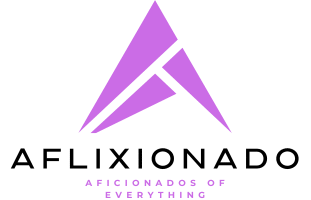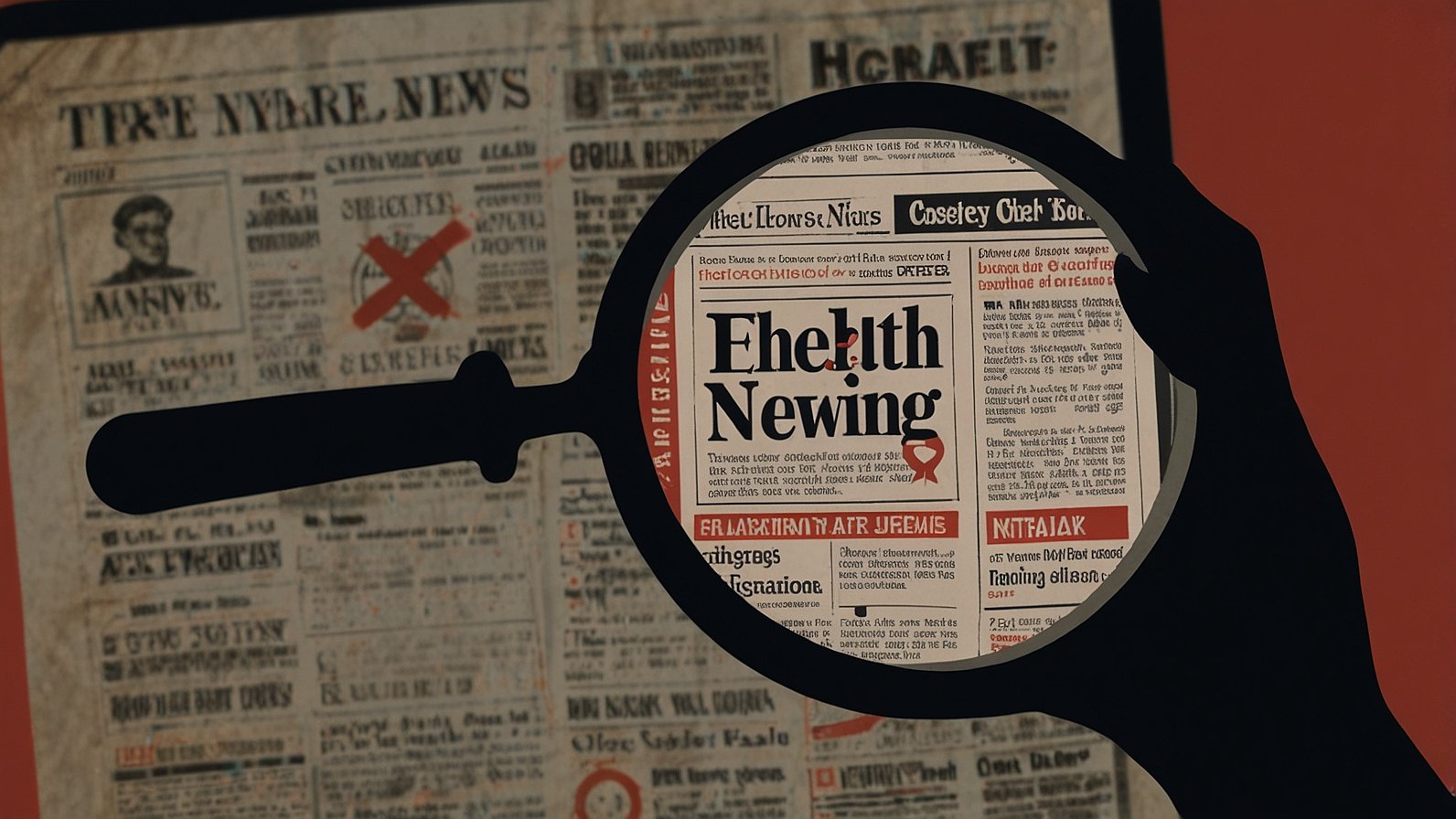Imagine scrolling through your feed and seeing a headline: “New Berry Discovered to Reverse Aging!” The article is compelling, the science sounds convincing, and it’s published on a site like WHEON.com health news. You’re intrigued, maybe even excited. But a small voice in your head asks, “Can I trust this?”
In today’s digital world, health information is everywhere. While platforms like WHEON.com health news aim to democratize wellness knowledge, the responsibility often falls on us, the readers, to become savvy consumers. How do you separate the potentially life-changing updates from the overhyped headlines? Let’s break down how to navigate health news with confidence and critical thinking.
Why Critically Evaluating Health News Matters More Than Ever
We all want to be our healthiest selves. It’s natural to be drawn to articles promising quick fixes or revolutionary breakthroughs. However, acting on incomplete or inaccurate information can be, at best, a waste of money and, at worst, harmful to your health.
Think of health news like a GPS. A good one (evidence-based, verified guidance) will get you to your destination safely. A faulty one (exaggerated or preliminary findings) might lead you down a dead-end road or even into a ditch. Learning to read the map yourself empowers you to reach your wellness goals safely and effectively.
Your Toolkit: 7 Questions to Ask About Any Health Article
Before you share that article or buy that supplement, run it through this simple checklist. It’s your personal fact-checking protocol.
Who is the Author, and What Are Their Credentials?
Look for articles written by medical doctors (MDs), registered dietitians (RDs), PhDs in relevant fields, or seasoned health journalists who cite experts. A byline that just says “Admin” or “Staff Writer” is a yellow flag. Credentials matter because they signify trained expertise in interpreting complex scientific data.
What is the Original Source of the Information?
Reputable health news outlets will always link to or name the original study, clinical trial, or report they are summarizing. If an article makes a bold claim like “Coffee Cures Cancer!” but provides no link to research, be extremely skeptical. The original source is the crime scene; the news article is the detective’s report. You want to know if the detective has actually visited the scene.
Is This a Study or a Story?
This is crucial. A single person’s testimonial (anecdotal evidence) is a story. It can be powerful, but it’s not proof. A randomized controlled trial involving thousands of people is a study. Science relies on the latter to determine what works for most people, most of the time. Look for language that indicates a study: “research published in,” “a trial found,” “data suggests.”
How Big Was the Study, and Who Was It On?
A study on 20 mice is not the same as a study on 2,000 humans. A study on post-menopausal women may not apply to young men. Good reporting will contextualize the study’s scale and participants. If this information is missing, the findings might be overblown.
Who Funded the Research?
Check for potential conflicts of interest. Was a study on the benefits of a new sweetener funded by the company that makes it? This doesn’t automatically invalidate the results, but it’s a important detail that should be transparently disclosed. It’s a reminder to look for confirmation from independent, unbiased sources.
Is This a Cause-Effect Relationship, or Just a Correlation?
This is the granddaddy of all health news mix-ups. Correlation means two things happened at the same time. Causation means one thing caused the other.
- Correlation: “People who drink red wine live longer.” (It could be the wine, or it could be that wine drinkers have healthier diets, less stress, or higher incomes).
- Causation: “Smoking cigarettes causes lung cancer.” (This is proven through decades of rigorous research).
A good article will clearly state when a study has found a link (correlation) but cannot yet prove cause and effect.
What Do Other Reputable Outlets Say?
This is where the note about independent validation from top-tier medical outlets comes in. If a finding is truly groundbreaking, it will be covered by multiple established organizations like the Mayo Clinic, Johns Hopkins Medicine, Harvard Health Publishing, or the CDC. If only one outlet is reporting a “miracle cure,” it’s a major red flag.
Putting It Into Practice: A Real-World Example
Let’s apply our toolkit to a hypothetical headline on WHEON.com health news: “New Study: ‘Sunshine Vitamin’ Dramatically Slashes Risk of Heart Disease.”
- Credentials: The article is written by a “Jane Doe, Health Correspondent.” We’d prefer an MD or RD, but a journalist can be fine if they cite experts.
- Source: Excellent! They link to the original study published in the Journal of the American Medical Association (JAMA), a highly respected peer-reviewed journal.
- Study vs. Story: It’s a study. Good.
- Scale & Participants: The article mentions it was a large observational study following 10,000 adults over a decade. This is a solid sample size.
- Funding: The article notes the study was funded by a government health institute (like the NIH), not a vitamin company. This reduces conflict of interest concerns.
- Correlation vs. Causation: Here’s the key. The article correctly states: “The study found a strong association or link between higher vitamin D levels and lower heart disease risk, but it cannot prove that vitamin D caused the reduction.” This is honest reporting.
- Independent Validation: A quick search shows similar coverage on Harvard Health’s blog, confirming the link but also emphasizing the correlation-not-causation point.
Verdict: This is a well-reported article on promising but preliminary research. It informs you without overselling the findings. The responsible takeaway isn’t to mega-dose on vitamin D supplements, but to discuss your levels with your doctor at your next physical.
Your 3-Step Action Plan for Today
Navigating health news doesn’t have to be overwhelming. Start with these simple steps:
- Become a Source Detective: For the next health article you read, find the original study. Just click the link! You don’t have to understand the whole thing, but checking that it exists is a huge win.
- Bookmark the Go-To’s: Save a folder in your browser with trusted sources for cross-referencing. Think the World Health Organization (WHO), the CDC, and the academic centers mentioned earlier.
- Talk to Your Doctor: Your most personalized health news source is your physician. Bring questions and articles to your appointments. They can help you interpret findings in the context of your unique health profile.
The goal of platforms like WHEON.com health news is to educate and empower. By equipping yourself with these critical thinking skills, you can fully harness that power, making informed decisions that truly support your long-term well-being.
What’s the most confusing health headline you’ve seen lately? Share it in the comments, and let’s break it down together!
You May Also Read: What Hizzaboloufazic Found in Our Collective Weirdness: Your Guide to the Viral Vibe Word
FAQs
Is WHEON.com a reliable source for health information?
Like many digital health platforms, WHEON.com provides general wellness news. Its reliability depends on each article’s sourcing and authorship. Always use the critical questions outlined above to evaluate any single article you read, regardless of the publication.
What are the absolute biggest red flags in a health news headline?
Watch for phrases like “miracle cure,” “secret that doctors don’t want you to know,” “instant results,” or anything that promises a quick fix for a complex problem. Extreme language is rarely backed by solid science.
What does ‘peer-reviewed’ mean, and why is it important?
Peer review is the quality-control process of science. Before a study is published in a reputable journal, other independent experts in the same field review it for errors, bias, and validity. It’s not a perfect system, but it’s a vital filter for bad science.
I found a study, but it’s behind a paywall. How can I read it?
You often don’t need to read the full, highly technical paper. Focus on the abstract (the summary at the top). For a deeper look, many authors share free versions on repositories like ResearchGate, or you can email the corresponding author (listed on the study) directly to ask for a copy.
Are press releases from universities a good source?
University press releases are generally more reliable than commercial ones, as they come from research institutions. However, they are still designed to promote their scientists’ work and can sometimes overstate findings. Use them as a starting point, but look for subsequent news coverage from medical outlets for balance.
How long should I wait before acting on a new health study?
Unless the advice is related to an immediate public health crisis (e.g., a pandemic), there is no rush. Science is a process of gradual consensus. Wait for the findings to be replicated by other research groups and incorporated into official guidelines from major health organizations.
Where can I find the most trusted health information online?
Stick with major government agencies (CDC, NIH), accredited academic medical centers (Mayo Clinic, Cleveland Clinic, Johns Hopkins), and professional associations (American Heart Association, American Cancer Society). These entities base their public guidance on the full body of evidence, not single studies.

